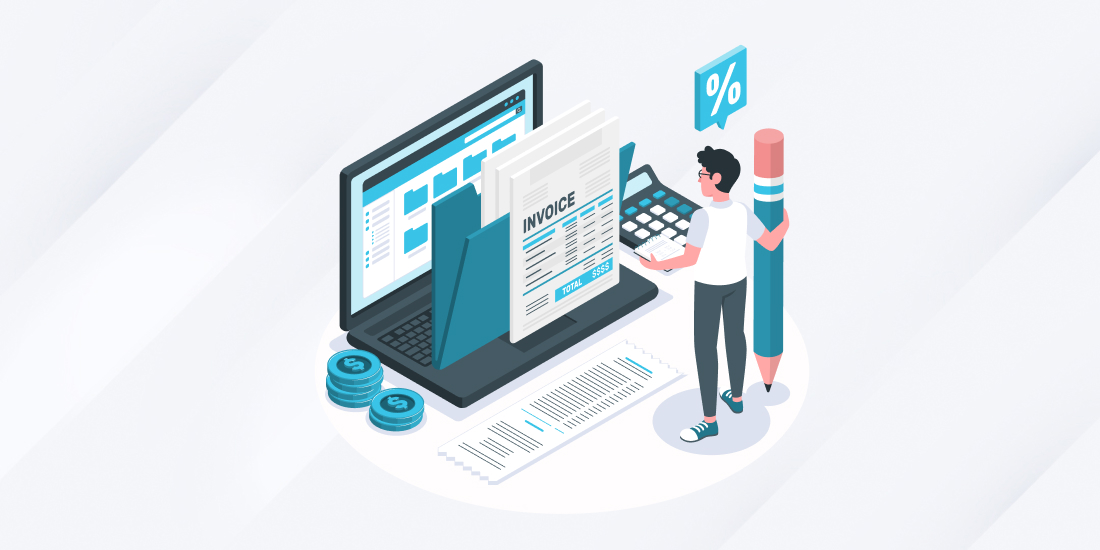Importance of Bookkeeping for Ecommerce Businesses
1. Accurate Financial Records:
Maintaining comprehensive and up-to-date financial records is crucial for accurate tax reporting. Proper bookkeeping allows you to monitor your revenue, expenses, and profitability effectively.
According to the report Concero Global ,Inaccurate financial reports can yield negative results in their investment research, and your company will be left behind due to bad financial reporting.
2. Compliance with Tax Laws:
Adhering to tax regulations and deadlines is essential to avoid penalties. Solid bookkeeping practices ensure that you are well-prepared when it comes time to file your tax returns.
3. Decision-Making and Growth:
With organized financial data, you gain valuable insights into your business’s financial health. These insights can inform your decisions, such as identifying areas for cost reduction or opportunities for growth.
Key Bookkeeping Practices for Maximizing Tax Savings
1. Categorize Expenses Properly:
- Separate business and personal expenses clearly. Deducting personal expenses can lead to complications and potential audits.
- Utilize appropriate expense categories recognized by the tax authorities.
- Maintain supporting documents such as receipts and invoices for each expense.
2. Track Inventory Accurately:
- Implement an inventory management system to monitor stock levels, purchases, and sales.
- Use the right method (FIFO, LIFO, or weighted average) to value your inventory, ensuring consistency and compliance with tax regulations.
- Keep records of damaged, obsolete, or unsold inventory for potential write-offs.
3. Stay Organized with Sales and Revenue:
- Regularly reconcile your sales records with payment processor statements and bank deposits.
- Categorize sales appropriately based on product types, customer locations, or sales channels.
- Keep track of sales tax collected and ensure compliance with local tax laws.
4. Leverage Accounting Software:
- Consider using accounting software specifically designed for ecommerce businesses.
- These tools automate bookkeeping tasks, provide real-time financial insights, and facilitate tax calculations and reporting.
- Integrate your ecommerce platform with accounting software for seamless data flow.
Tax Deductions and Credits for Ecommerce Businesses
1. Home Office Deduction:
- If you run your ecommerce business from a home office, you may be eligible for a deduction based on the portion of your home used exclusively for business purposes.
2. Shipping and Packaging Expenses:
- Deduct shipping costs and expenses related to packaging materials as legitimate business expenses.
3. Advertising and Marketing Expenses:
- Include expenses incurred for online advertising, social media promotion, and other marketing campaigns.
4. Website and Technology Expenses:
- Deduct costs associated with domain registration, web hosting, website design, and maintenance.
Frequently Asked Questions (FAQs)
1. What if I haven’t been keeping proper records until now?
- Start organizing your financial data as soon as possible. Consider hiring a professional bookkeeper or using accounting software to streamline the process.
2. Can I claim tax deductions for my business-related travel expenses?
- Yes, travel expenses directly related to your ecommerce business, such as attending conferences or meeting suppliers, may be deductible. Keep proper records and consult with a tax professional to ensure compliance.
Conclusion:
For ecommerce businesses in Vancouver, maximizing tax savings requires the implementation of effective bookkeeping practices. By precisely tracking expenses, accurately valuing inventory, and maintaining organized sales and revenue data, you can optimize your tax strategy and potentially reduce your tax liability. It is recommended to utilize accounting software and seek guidance from small business accountants and tax professionals when needed. These strategies not only help save money but also provide valuable insights into the financial well-being of your ecommerce business.
For reliable accounting services in Vancouver, you can visit Transcounts at www.transcounts.com. They offer support and information to streamline your bookkeeping processes and optimize your tax savings.
Contents





